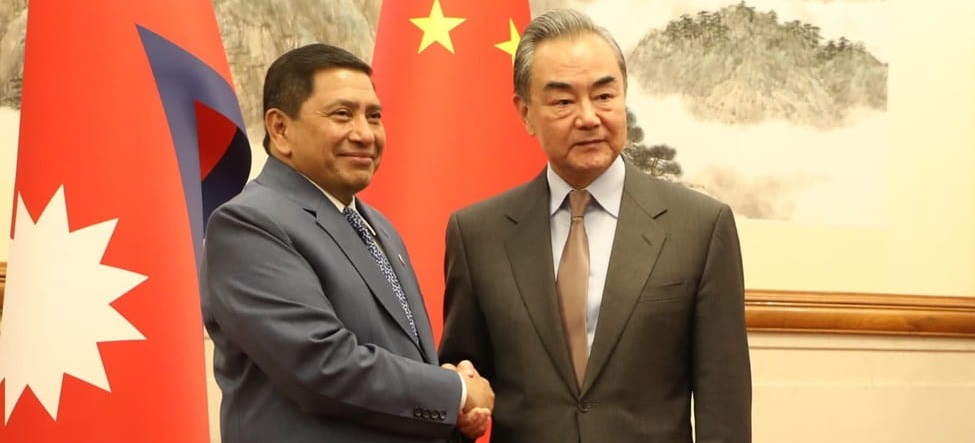Nepal’s political landscape has shifted significantly with the formation of a new government coalition, marking a departure from the previously communist-dominated rule. Observers suggest that this change, which saw the Communist Party of Nepal – Unified Marxist Leninist (CPN-UML) abandon its alliance with the Communist Party of Nepal – Maoist in favor of joining forces with the centrist, India-leaning Nepali Congress, will influence Nepal’s foreign relations and political balance.
Prime Minister Khadga Prasad Sharma Oli of the CPN-UML, who has taken office for the fourth time, replaces Pushpa Kamal Dahal, head of the Maoists. This transition signifies a shift from a government favoring Beijing to one that holds a more balanced approach between China and India.
However, despite the change in leadership, experts believe that Nepal’s fundamental foreign policy will remain consistent due to its economic and security dependencies on both Asian giants.

Nepal’s Political Shift as New Coalition Replaces Communist Rule and Impacts Relations with China and India
Professor Lin Minwang of Shanghai’s Fudan University notes that Nepal’s foreign policy is rooted in pragmatism, with a historical pattern of balancing relationships with both China and India.
According to Lin, regardless of the political party in power, Nepal’s approach to its neighbors is unlikely to change dramatically, as maintaining a diplomatic equilibrium between the two powers has been a longstanding strategy.
The frequent political shifts in Nepal, including 14 changes in power over the past 16 years, contribute to a volatile political environment that complicates the establishment of long-term policies. Dr. Amit Ranjan from the National University of Singapore highlights the dynamic nature of Nepali politics and expresses curiosity about how the new coalition, with its mixed allegiances, will navigate relations with China and India.
Historically, Nepal has been closely tied to India due to geographical proximity and mutual interests, including India’s role in mediating Nepal’s civil conflict. Although Nepal has engaged with China through initiatives like the Belt and Road Initiative, progress has been limited.
Ranjan questions whether the new alliance will alter Nepal’s approach towards China, given the contrasting positions of the CPN-UML and the Nepali Congress, and whether any aggressive moves towards China are likely under the new coalition.
